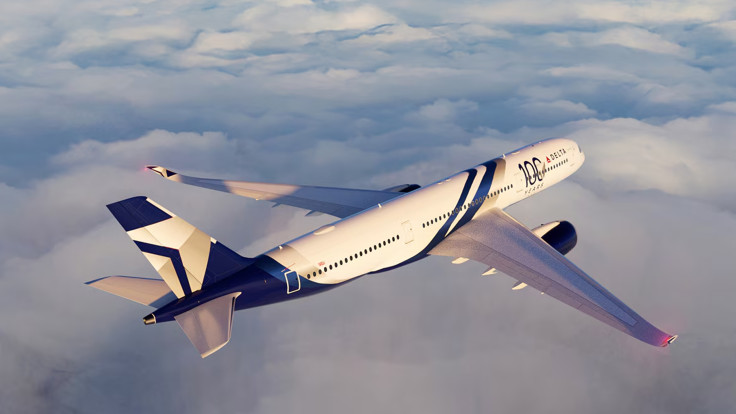Delta Airlines Emergency Landing Raises Alarm — Will Travellers Face More Cancelled or Delayed Flights?
No injuries were reported after the mid-air emergency on flight DL161

Delta Airlines flight DL161, an Airbus A350 from Amsterdam to Minneapolis, was forced back to Schiphol Airport earlier today after a pneumatic system failure at 33,700 feet. The crew declared an emergency but landed the aircraft safely in the Netherlands.
All passengers and crew disembarked unharmed, yet the scare has fuelled fresh concerns about Delta's operational reliability and whether travellers face more cancellations and delays ahead.
Details of the Incident
The Airbus A350 had been airborne for less than one hour before systems alerted the pilots to a problem in the pneumatic controls, which regulate cabin pressurisation and air conditioning. Aviation trackers noted the sharp turn back towards Amsterdam shortly after the fault was detected.
Aviation safety experts have stressed that while such emergency landings are uncommon, they are part of strict safety protocols designed to prevent in-flight risks.
Delta Airlines confirmed that flight DL161 returned safely to Amsterdam following the mid-air fault. Aviation outlets reported that the Airbus A350 was grounded at Schiphol Airport for further checks after the emergency landing.
Safety Record and Passenger Confidence
Delta Airlines has maintained a strong safety record in recent years, but incidents like this can affect passenger confidence.
Emergency diversions typically draw heightened attention online, where travellers question whether routine maintenance is keeping pace with demand.
Social media platforms were flooded with reactions, with some passengers praising the professionalism of the crew, while others voiced concerns about possible knock-on effects for scheduling and delays.
The Question of Cancelled and Delayed Flights
The emergency landing comes as Delta continues to face scrutiny over service reliability. In 2024, the airline experienced one of the largest IT disruptions in aviation history, when a global software update caused more than 5,000 cancellations and left over a million passengers stranded.
That event cost Delta an estimated $550 million (£405 million) and is still tied up in legal proceedings, Reuters reported.
The most recent incident has raised concerns about potential service disturbances, and there is reason to be cautious.
While no immediate widespread cancellations or delays have been announced in connection with the incident, the broader U.S. aviation sector continues to grapple with significant operational pressures.
Long-standing shortages in air traffic control staffing, around 3,500 positions vacant, have already triggered flight delays, with staff stretched thin and facilities struggling to keep pace.
Aging FAA infrastructure and regulatory constraints only compound the problem, while elsewhere, increasingly ageing aircraft and complex maintenance demands are contributing to ongoing scheduling unpredictability.
Route Cuts and Network Changes
Delta recently announced it will permanently stop all flights to Midland International Air & Space Port in Texas from 8 November 2025, citing low demand. At the same time, the airline is expanding its Austin hub with new routes to destinations including Cancun, Cabo San Lucas, Denver, Columbus, and Kansas City.
Analysts suggest the shift reflects a focus on high-demand markets, but travellers in smaller cities face fewer options and potential delays when forced to reroute.
Stock Market Performance
Despite the operational concerns, Delta stock closed at $61.18 on 5 September, up 1.04% on the day and outperforming several competitors. The price remains 12.6% below its 52-week high of $69.98.
Investors appear cautiously optimistic, with analysts suggesting that Delta's strong market presence and sustainability efforts are balancing short-term turbulence caused by cancellations, delays, and emergency events.
© Copyright IBTimes 2025. All rights reserved.




















